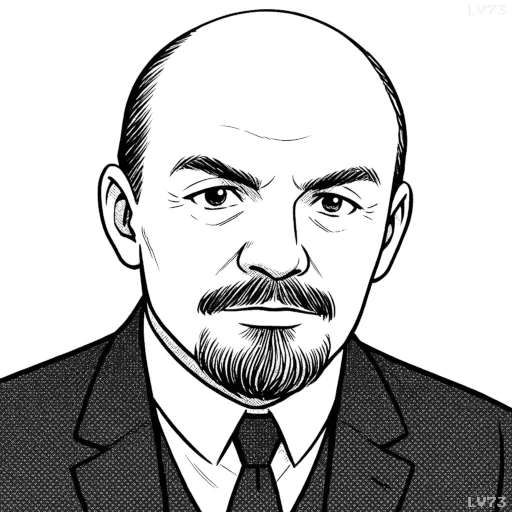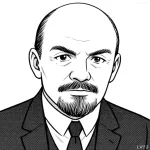“Despair is typical of those who do not understand the causes of evil, see no way out, and are incapable of struggle. The modern industrial proletariat does not belong to the category of such classes.”

- April 22, 1870 – January 21, 1924
- Born in the Russian Empire
- Revolutionary, political theorist, lawyer, state leader
table of contents
Quote
“Despair is typical of those who do not understand the causes of evil, see no way out, and are incapable of struggle. The modern industrial proletariat does not belong to the category of such classes.”
Explanation
In this quote, Lenin argues that despair arises from a lack of understanding and agency, particularly in relation to social and economic injustices. He identifies despair as a reaction of those who cannot grasp the root causes of their oppression and, as a result, see no possible solution or path to change. Lenin contrasts this with the industrial proletariat, which he believes is different because of its potential for collective action and revolutionary change. For Lenin, the working class, especially in the context of industrial capitalism, has a clear understanding of its exploitation, and this awareness can fuel its ability to engage in struggle. Thus, the working class is inherently capable of rising up and transforming society, unlike other classes that might suffer from powerlessness or ignorance.
Historically, this quote reflects Lenin’s conviction that the industrial working class had the potential to be the leading force in the revolutionary transformation of society. In Lenin’s view, the proletariat’s position in the capitalist system — directly experiencing exploitation in factories and other industrial settings — made it more politically conscious and able to recognize its collective power. The working class, therefore, could move beyond despair and act as the engine for revolutionary change, armed with class consciousness and a clear understanding of the material conditions that need to be overturned.
In contemporary contexts, this quote can be applied to modern social movements, particularly those that seek to address economic inequality, labor rights, and social justice. Lenin’s distinction between despair and struggle continues to resonate in critiques of systems that seem immovable or repressive. It challenges people today to understand the causes of their struggles and to realize that collective action, driven by awareness and solidarity, can overcome the sense of hopelessness that often prevails in the face of systemic injustice.
Would you like to share your impressions or related stories about this quote in the comments section?


